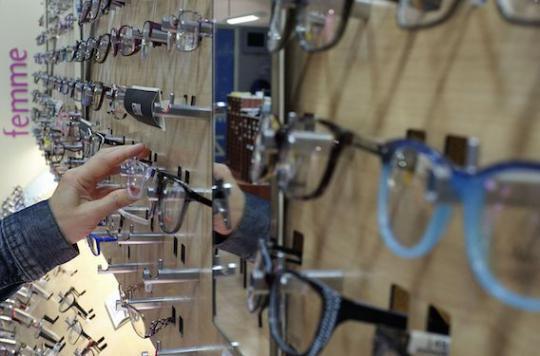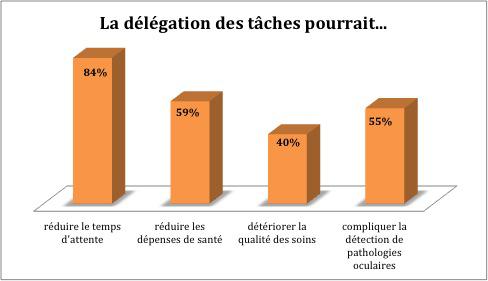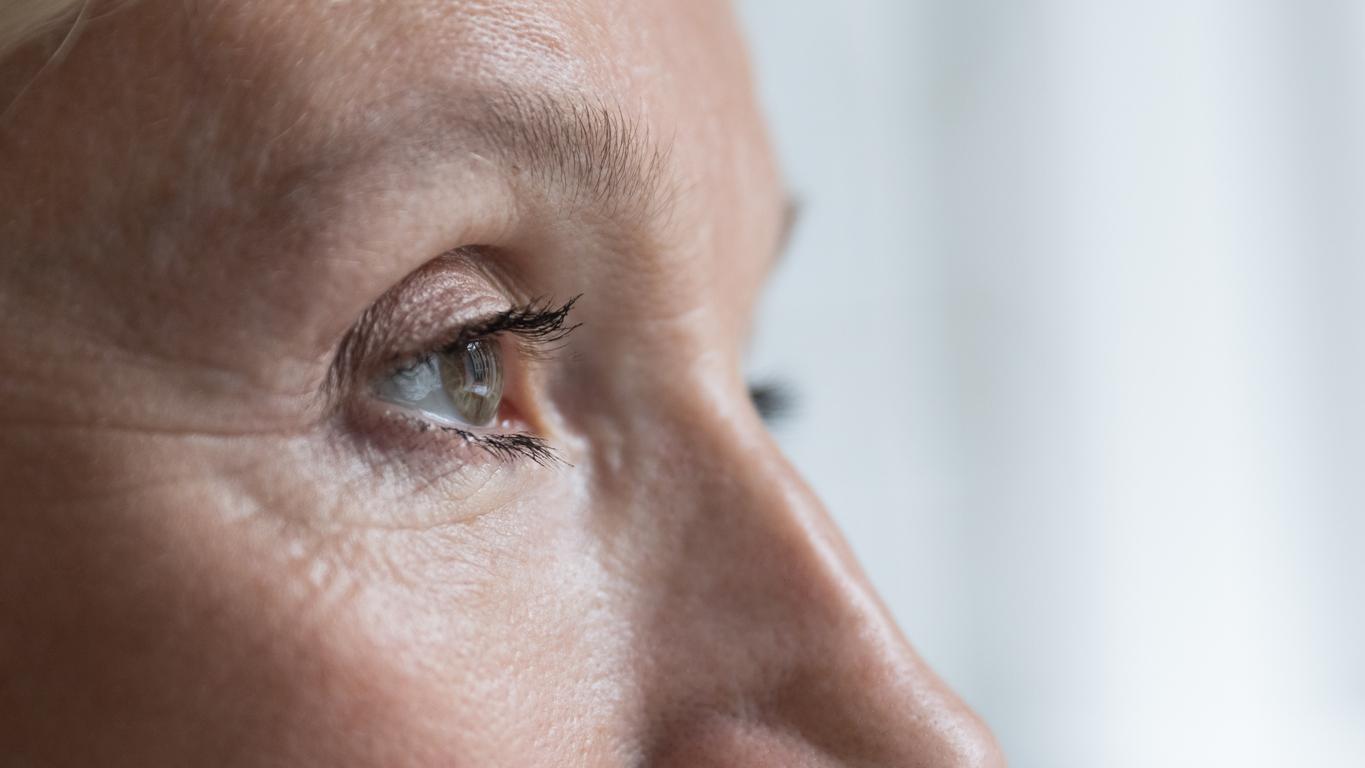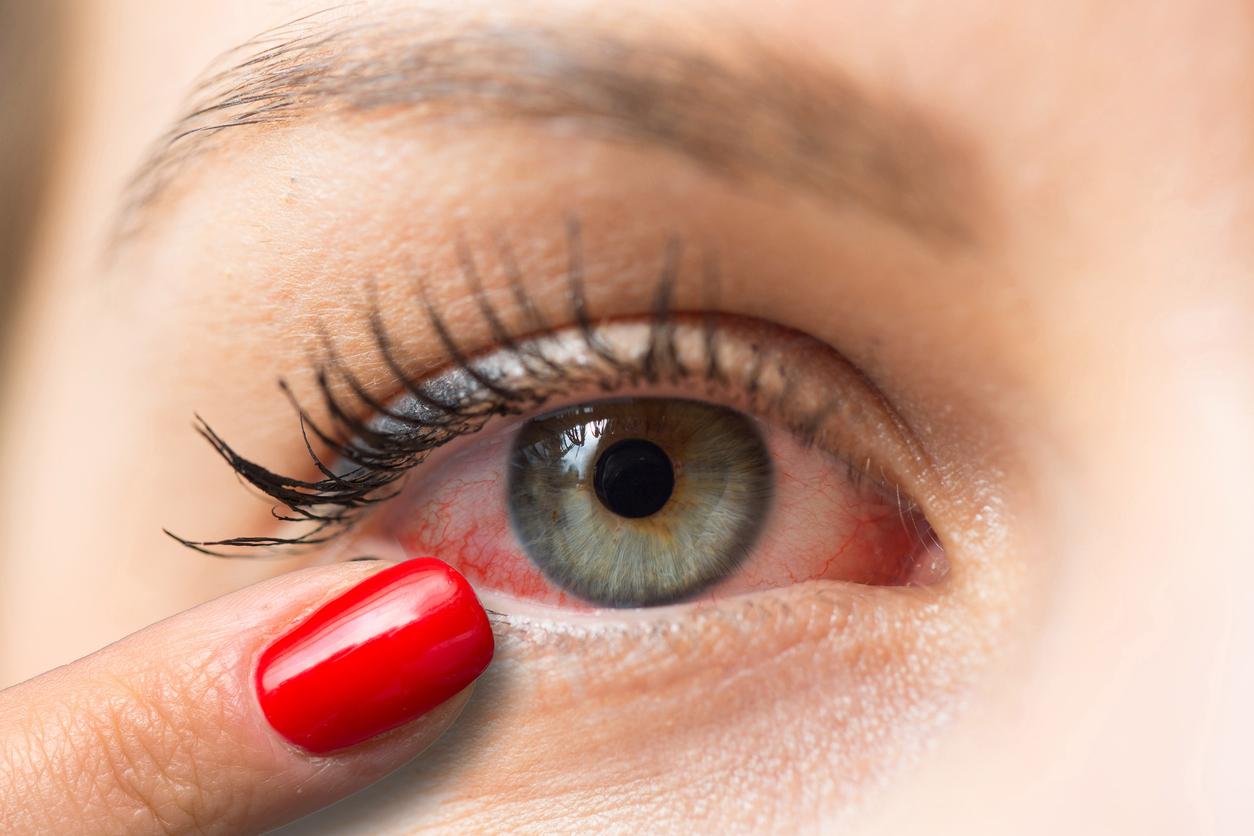The French trust visual health professionals. But they deplore difficult access to equipment and care, and often too high a cost.

Do what I say, not what I do. 7 out of 10 French people say they take care of their eyes. But they are much less likely (41%) to consider that their fellow citizens pay attention to their visual health. This is the result of a Harris Interactive survey carried out for the Mutualité Française (1), on the occasion of the first General Assembly on visual health.
Lack of information
Overall, respondents are quite happy with the range of ophthalmology care available. For half of them, it is deemed “satisfactory” in terms of equipment and detection of visual disturbances. But the cost and reimbursement rate for equipment (glasses, lenses, etc.) continues to pose a problem for some. Same blockage on the accessibility side: for four in ten French people, access to optical equipment is difficult.
For the healthcare professionals questioned, the problem must be seen from another angle: patients lack information on the existing offer. In the eyes of the respondents, on the other hand, the problem lies in the lack of information on visual health, the waiting times that are too long and the costs incurred. These last two reasons push a third of the people questioned to give up ophthalmic care. On the other hand, the survey does not reveal any deficit of confidence towards the professionals of the visual health.
For the delegation of tasks
Asked about the solutions they would bring to the current difficulties, the French put forward several avenues. 90% of them think that the networks of opticians approved by complementary health insurance are “a good thing” because they facilitate access to optical equipment. Even more are in favor of empowering patients through widespread screening.
The delegation of tasks, put in place to alleviate the shortage of ophthalmos, is also a way that appeals to respondents. 83% of them approve of it. More still suggest that opticians should benefit from additional training, even if they admit that the roles of each are still poorly defined. Qualitative interviews, however, reveal a more pernicious effect of this delegation: some French people are worried about a drop in the quality of care.

(1) Harris Interactive survey for Mutualité Française conducted online among 1,500 people aged 18 and over, representative of the French population.
.

















